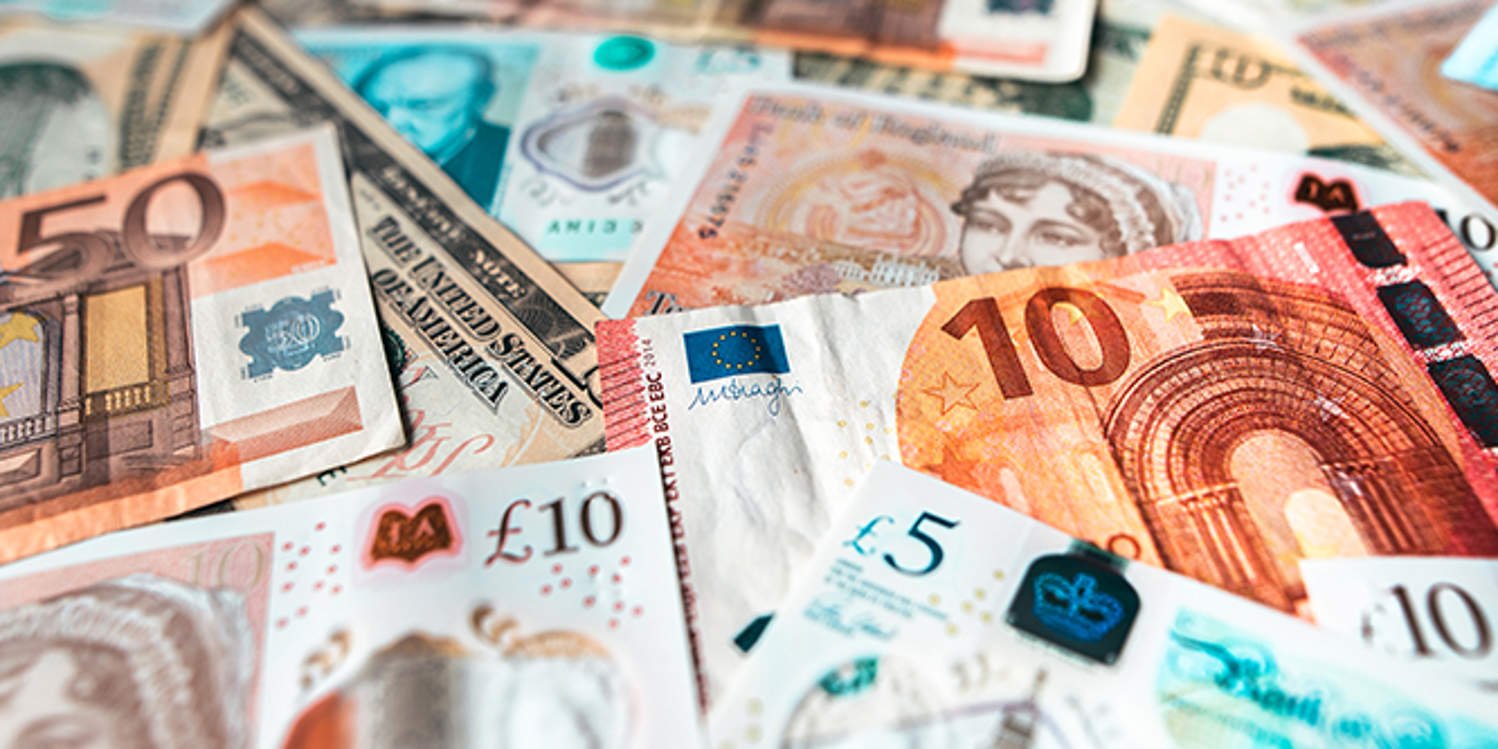
Trending Oversight Topics
Governance Surveys
Center for Inclusive Governance
Coronavirus and Political Unrest: Determining Compensation in Uncertain Times
02/13/2020

US companies doing business in China are grappling with how to determine bonus payouts for 2019 and incentive plan goals for 2020 given the political unrest in Hong Kong and the recent coronavirus outbreak that began in the city of Wuhan.
Starting in summer 2019 and increasing in scale and violence over the course of the year, protests have disrupted businesses in and around Hong Kong, an important financial hub and consumer market. Additionally, over the last six weeks, the global spread of the coronavirus has had a significant and far-reaching economic impact.
China is an economic powerhouse—the second-largest economy in the world. Many US and global companies depend on its supply chain and manufacturing capacity, and companies also look to China’s rising middle class as a vibrant market for their products and services, providing an important opportunity for organic growth.
Given these extraordinary circumstances, Compensation Advisory Partners (CAP) has outlined approaches that compensation committees can take to determine 2019 executive bonuses and plan for 2020.
Determining 2019 Bonuses
For companies with operations in Hong Kong, one of two philosophies can help determine 2019 bonuses. The first is that executives need to manage their business through various challenges, and political unrest is just one of many risks faced by management. Under this approach, performance targets are not adjusted, and incentive-award outcomes align with the goals established at the beginning of the year.
The second philosophy is that incentive plans should reward the management team for operating performance that is within its control (i.e., supporting strong line of sight). Under this philosophy, adjustments to performance targets are allowed for extraordinary, material, and unforeseen circumstances (and political unrest qualifies). Such adjustments would neutralize the financial impact of the Hong Kong protests, and management would be neither rewarded nor penalized for such an extraordinary event.
Given that 2019 is over, the Hong Kong protests’ financial magnitude and business impact for the year are quantifiable. With the amendment of tax rules (Section 162(m)) that previously required establishing goals in the first quarter and did not allow for subsequent upward discretion, CAP expects to see companies using more discretion and adjusting for extraordinary items more frequently. In doing so, companies need to explain the rationale for the adjustments to executives, employees, and shareholders to maintain the integrity of incentive plans.
Planning for 2020: A Financial and Qualitative Approach
In setting performance measures and goals for 2020 incentive plans, CAP advises companies to take an approach that is both financial and qualitative given the potential impact of the coronavirus and the continuation of the Hong Kong protests. From a financial perspective, companies are already adjusting financial forecasts based on what they know now. The list of companies that have cited the impact of the coronavirus specifically as a risk to previous guidance in the first quarter is growing daily, although it’s impossible now to know the extent of the crisis and the potential financial impact.
For incentive plans based on achieving specific numerical results (for example, specific revenue or net income targets), the goalpost is moving—and will probably continue to move—until targets are approved by compensation committees in February and March. From a planning perspective, companies can allow for a broader range of outcomes by having a lower threshold cut-in for bonus payouts (at commensurately lower payout levels); set differential performance targets based on high, medium, or low scenarios for the coronavirus impact; or allow for a discretionary modifier (e.g., 10 percent to 20 percent) based on the compensation committee’s discretionary evaluation. At the end of the year, any further adjustments will depend on the company’s philosophy on retroactive incentive plan adjustments.
From a qualitative perspective, compensation committees also can consider whether environmental, social, and governance (ESG) metrics should be incorporated into the incentive plan in response to the coronavirus. What specific policies and actions should be taken to ensure that the company is doing the right thing by its employees, customers, and other stakeholders given this pandemic? Thinking through the ESG issues mitigates the company’s reputational and financial risk and may benefit shareholders over the long term. Ways to incorporate ESG into incentive plans include having ESG as an independent, weighted, and rewarded performance measure or having ESG as a modifier (e.g., up to 20 percent) based on pre-established criteria for financially calculated goals. If ESG is already part of the incentive plan, compensation committees can consider whether ESG’s weight should increase if the company’s China exposure is material.
As US companies report business interruptions and revise their earnings estimates, the potential impacts of the coronavirus and Hong Kong protests are truly unknown. Even when the virus is contained, its economic, financial, and social impact may linger. As a result, compensation committees need to proactively plan and have a playbook for making pay decisions in this environment.
Bertha Masuda is a partner at Compensation Advisory Partners.

Margaret Engel is a partner at Compensation Advisory Partners, specialize in developing innovative and practical compensation solutions, with a particular expertise in short- and long-term incentive plan design and implementation.
NACD Directors SummitTM